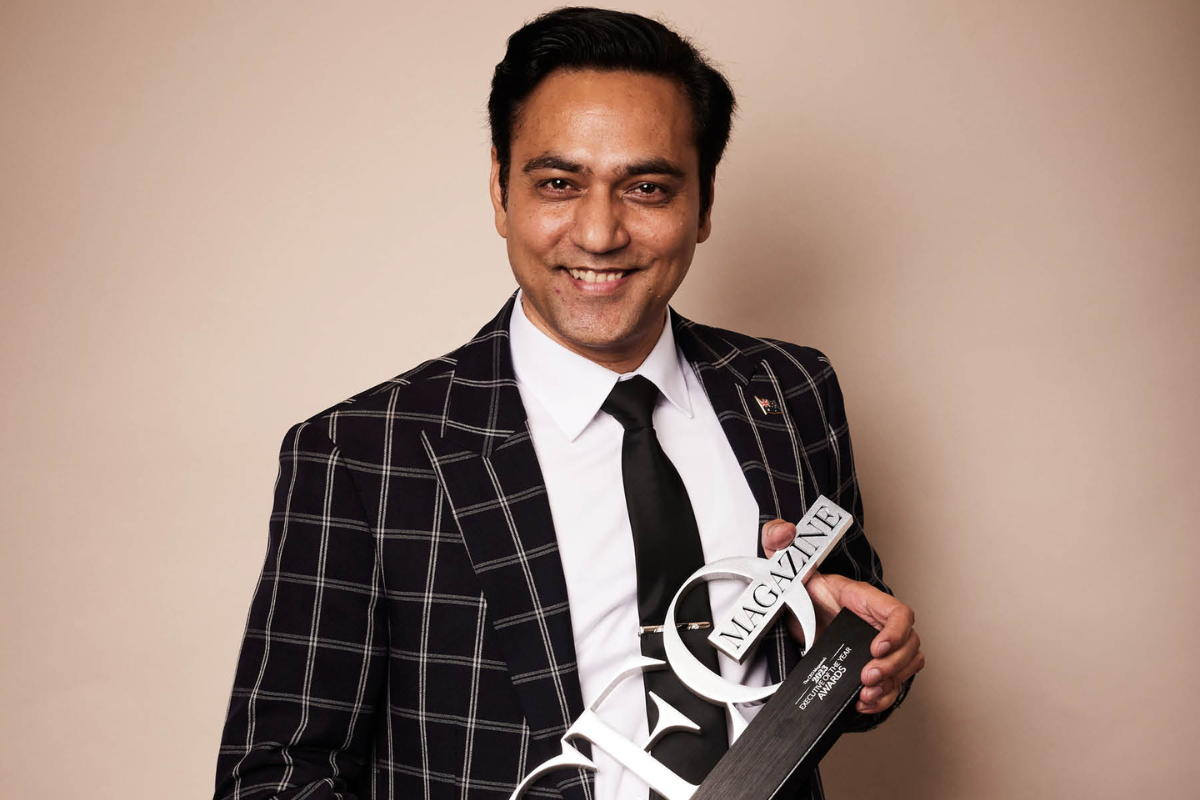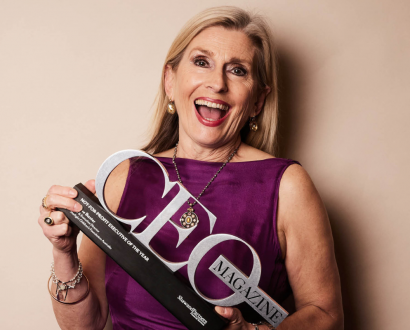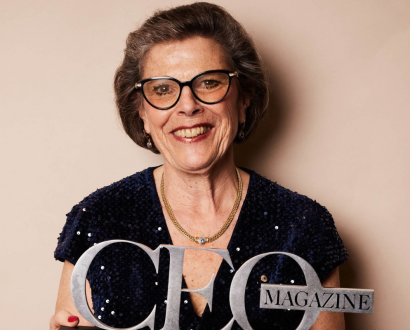Operating a startup takes a certain kind of person – someone who can run with the ups, downs and out-of-nowhere twists and turns. With no path to follow as something entirely original is built, the experience lends itself to plenty of adversity and challenges.
It’s in this adrenaline-fueled environment that serial entrepreneur Rashid Rahman Khan, The CEO Magazine’s 2023 Startup Executive of the Year, found his calling.
As Founder of Australia-based Evacovation, Khan’s been with the business since its earliest days. The company is an innovative, technology-driven and real-time data processing firm, and Khan’s positions there, which once included CEO, have evolved over time to encompass numerous executive tasks, from working with the board to long-term business direction and strategy.
“Collaborating with reputable entities is enhancing Evacovation’s credibility.”
Khan has extensive background and experience in security and risk as a Global Emergency Management Expert. His resume spans numerous fields, including not-for-profits, computer science, blockchain technology, banking and finance and energy. He’s a TEDx speaker, the co-author of three books – one of which was a Wall Street Journal bestseller – and the focus of several international media features.
But the serial entrepreneur’s goal has always been to radically transform the current security and emergency solutions industry globally, to save as many lives as possible.
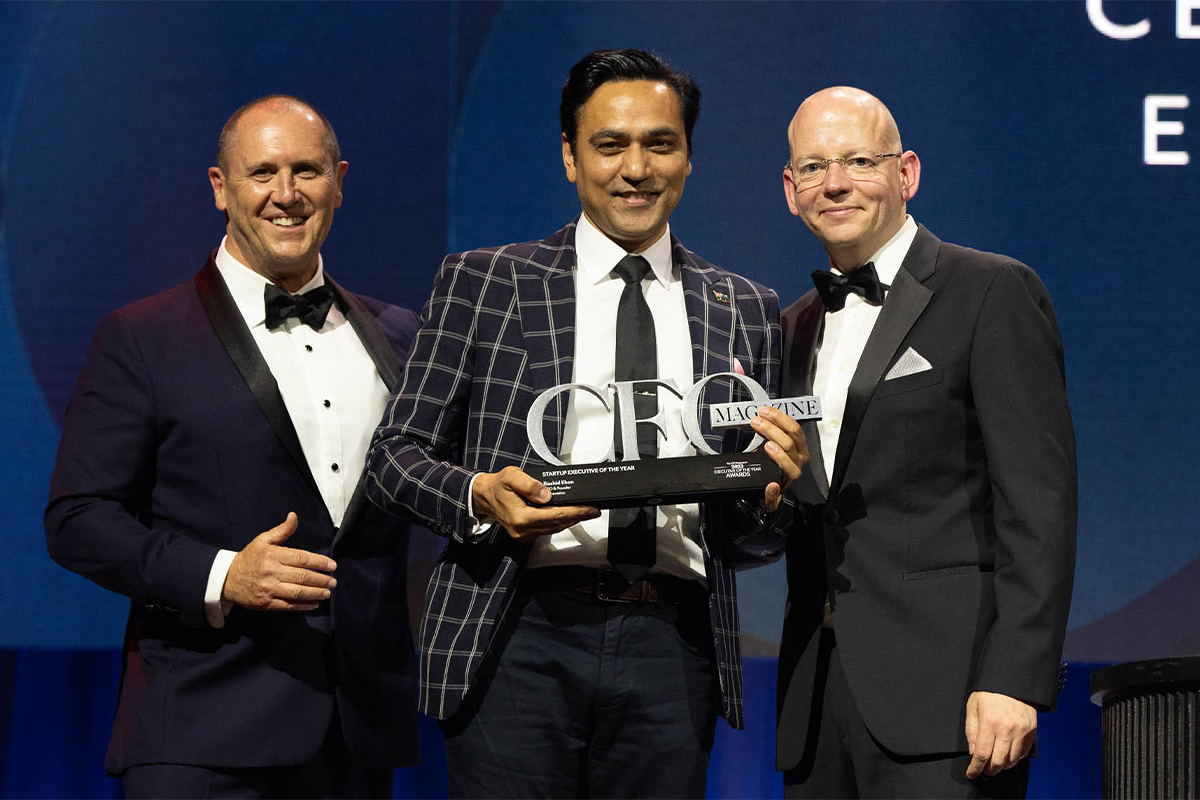
Sharing Crucial Information
In 2021, Evacovation created the first-ever hybrid app with a real-time information feed that facilitates seamless connectivity and information sharing during an emergency. Based in Australia, the app is powered by an online portal that guides users to follow international best practices and procedures.
When operating a startup that’s also a world first, gaining and keeping customer trust is a feat, especially in such a highly charged industry. The emergency management and communication industry is constantly evolving, and keeping pace with the latest developments requires strong leadership and solid plans.
Evacovation takes inspiration and lessons from watching real-world events unfold. The service has begun integrating social media – critical for disseminating information, monitoring situations and engaging with the public – into their product. They’re working to adapt IoT devices and sensor technology (think fire and smoke sensors) to enable real-time data collection during emergencies.
“By delegating day-to-day operational responsibilities to the CEO, I can now concentrate on other areas of expertise and contribute to growth in a more impactful way.”
As responses are often based on seamless information sharing in the face of a crisis, integrating geolocation capabilities technologies has helped the company focus on developing real-time alerts, evacuation routes, situational updates and more.
“We’re also building partnerships with established organizations and experts in the emergency management field, collaborating with reputable entities is enhancing Evacovation’s credibility,” he says.
Additionally, the company has set its sights on the Middle East, where it’s launching in Dubai, United Arab Emirates and Riyadh, Saudi Arabia. “We’re taking the Australian business to new heights, entering our first international market,” Khan says.
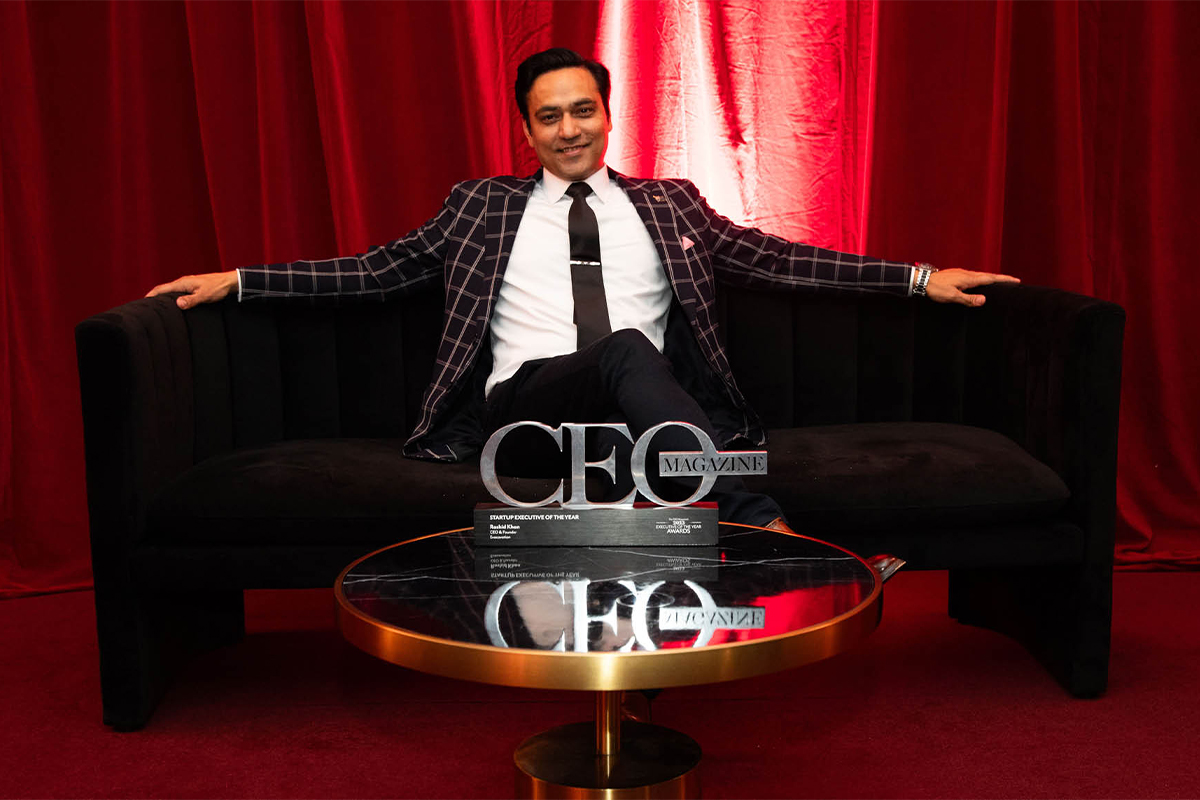
Centuries of Experience
The qualifications, certifications and experience of key personnel is of utmost importance in generating trust but also in handling crises effectively. While the company currently has fewer than 30 employees, the leadership team boasts more than 200 years of cumulative experience. And all contribute to creating a meaningful organizational culture.
When asked about the most important decision he’s made in the past 12 months, Khan says he’s proud of his move to hand over the responsibility of leading the company to a new CEO.
“The decision was strategic and driven by the desire for sustainable growth and long-term success. By delegating day-to-day operational responsibilities to the CEO, I can now concentrate on other areas of expertise and contribute to growth in a more impactful way,” he says.
“It gives me the opportunity to pass on knowledge and our legacy to the next generation of leaders. Those who can understand how technology impacts people, who can adapt to and fight challenges, recasting those challenges in their favor.”

